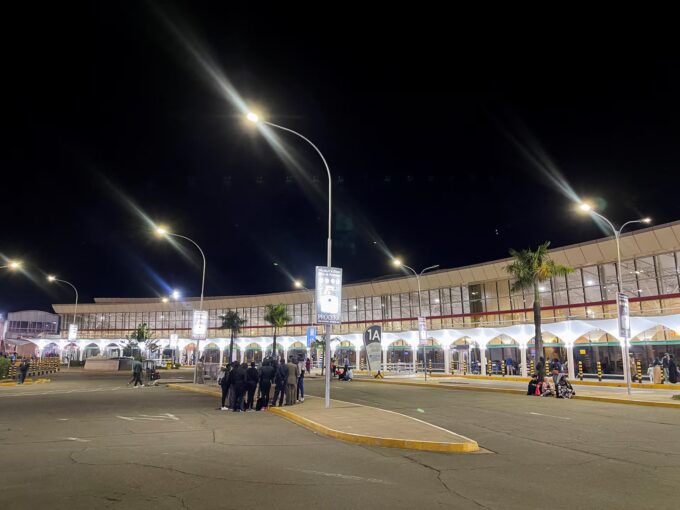Nigeria is facing one of the worst hunger crises in its modern history as armed violence, displacement, and shrinking humanitarian assistance drive food insecurity to unprecedented levels, the World Food Programme reports. Nearly 35 million people are expected to face severe food insecurity, with some regions already experiencing famine-like conditions.
The surge in hunger is fueled primarily by relentless armed attacks in northern regions, where extremist groups and criminal gangs launch assaults on villages, farmlands, transportation routes, and displaced persons’ camps. These attacks have destroyed livelihoods, forced families to flee their homes, and prevented farmers from accessing their fields during crucial planting and harvest periods.
Communities that once relied on agriculture are now trapped in cycles of displacement and fear, leaving millions dependent on humanitarian aid. Yet even that lifeline is shrinking. Declining global funding for humanitarian operations has forced the WFP to scale back food distributions across Nigeria, including in areas most affected by conflict. Reduced rations and fewer households receiving assistance are leaving many families in critical need.
Famine-like conditions are emerging in isolated areas where humanitarian access is limited or blocked by armed groups. Thousands of people in these locations have been cut off from assistance and markets. Humanitarian organizations warn that unless access improves and violence decreases, these communities could face even more severe outcomes in the coming months.
Global attention and urgent action are needed. Donor nations and international partners are being called upon to increase funding, strengthen security coordination, and invest in long-term resilience programs. Analysts emphasize that addressing the structural drivers of hunger, such as rural insecurity, inflation, climate shocks, and inadequate investment in agriculture, must accompany emergency interventions.
For now, millions of families remain uncertain about where their next meal will come from, highlighting the urgent need for coordinated action to prevent further loss of life and suffering.












Leave a comment